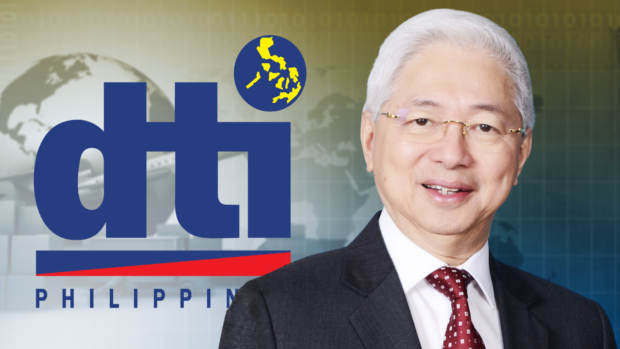Owning land not top priority for foreign investors–DTI chief
Trade Secretary Alfredo Pascual said that land ownership laws in the Philippines should be thoroughly studied first before plans to amend it through constitutional amendments push through, expressing doubt whether changes are necessary to improve the flow of foreign investments in the country.
“From my perspective, land is not really a big issue unless the investor is in the real estate development (business). An investor that is going into business uses land as just one of the inputs. Ownership is not critical to that,” Pascual told reporters on the sidelines of the Urban Land Institute’s forum in Makati City last week.
“In fact, some businesses wouldn’t want to buy land to tie up their capital rather than (use it) in the main business. I think it needs in-depth study, really,” he said further.
Asked whether land ownership provisions under the Philippines’ 1987 Constitution should be left untouched in the planned move to amend it, Pascual said that lawmakers should first “fully understand” whether land ownership is a constraint or not in attracting foreign investments.
“So far, the discussions have been in generalities and based too much on opinion rather than factual situation,” said the trade official, adding that he thinks ownership is not seen as a limitation by foreign investors.
Article continues after this advertisementFurther, Pascual said that land ownership is a secondary concern even in the agriculture sector, where land is an integral part of the business.
Article continues after this advertisement“The important thing is to be able to plant on a consolidated plot of land. Ownership is secondary. Possession and use is what’s important,” he said.
Long-time Senator Aquilino Martin Pimentel III had warned last week that inserting provisions that will allow foreigners to own land in the country will intensify opposition to amend or revise the Constitution.
Pimentel said he saw a “rider provision” in one of the Senate resolutions pitching changes to the 36-year-old Charter.
First-term Senator Robinhood Ferdinand Padilla had been pushing for its amendments in the upper chamber, citing that the Philippines has been lagging behind other Asian economies when it comes to foreign direct investments due to the country’s restrictive economic policies.
At the House of Representatives, the move has been fronted by the House constitutional amendments committee chaired by Cagayan de Oro second district Representative Rufus Rodriguez. INQ
